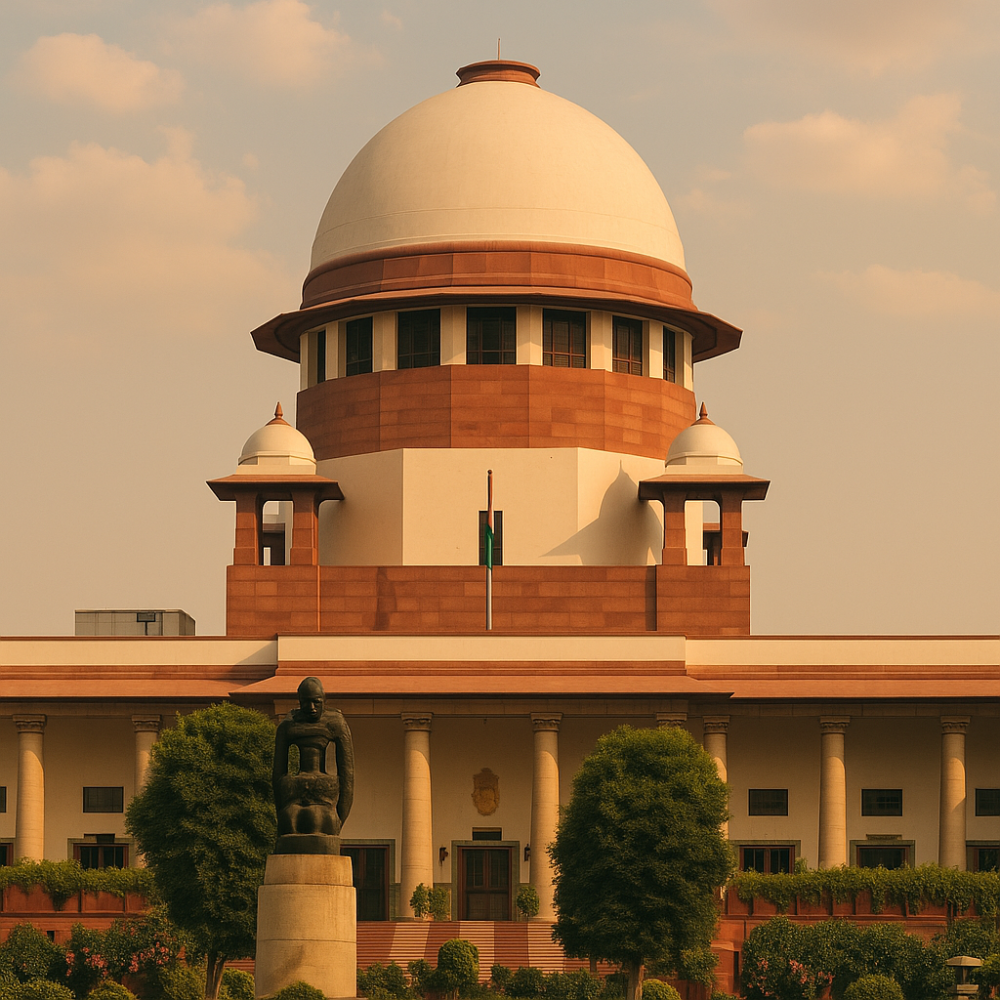
New Delhi, June 2, 2025
In a significant hearing on Monday, the Supreme Court of India delivered a sharp observation in response to a petition filed by members of the former royal family of Jaipur, who are laying claim to the historic Jaipur Town Hall. The court remarked, “If we accept this argument, then the entire Jaipur will belong to you.”
The petition challenges a Rajasthan High Court decision that had earlier declared the Jaipur Town Hall as a public/government property. The royal family's legal counsel argued that the Town Hall, built during the princely era, was part of their personal estate and should rightfully be returned to them.
However, the Supreme Court bench, led by Justice B.R. Gavai, expressed skepticism over the claim, questioning the broad implications of accepting such petitions. “You are trying to claim property after 75 years. At this rate, many heritage properties across the country could become disputed,” the court observed.
The Rajasthan government, defending the High Court's decision, stated that the Town Hall had long been integrated into state administrative infrastructure and serves as a public utility. The government emphasized that recognizing the former royal family’s claim would set a dangerous precedent and could lead to a flurry of similar claims nationwide.
The apex court has not yet delivered a final verdict but has reserved its order for a later date. The outcome of this case may have wider implications for several heritage properties across India that are currently being used for public purposes but have historical ties to erstwhile princely states.
Background
The Jaipur Town Hall, built in the 19th century, is an architectural landmark and has been under government possession since independence. It has historically housed municipal and administrative offices. Members of the Jaipur royal family claim that no formal transfer of ownership to the government ever occurred and that the property remains a part of their ancestral holdings.
Awaiting Verdict
Legal experts say the verdict will be keenly watched for how the judiciary balances historical legacies with modern public interest and governance requirements.